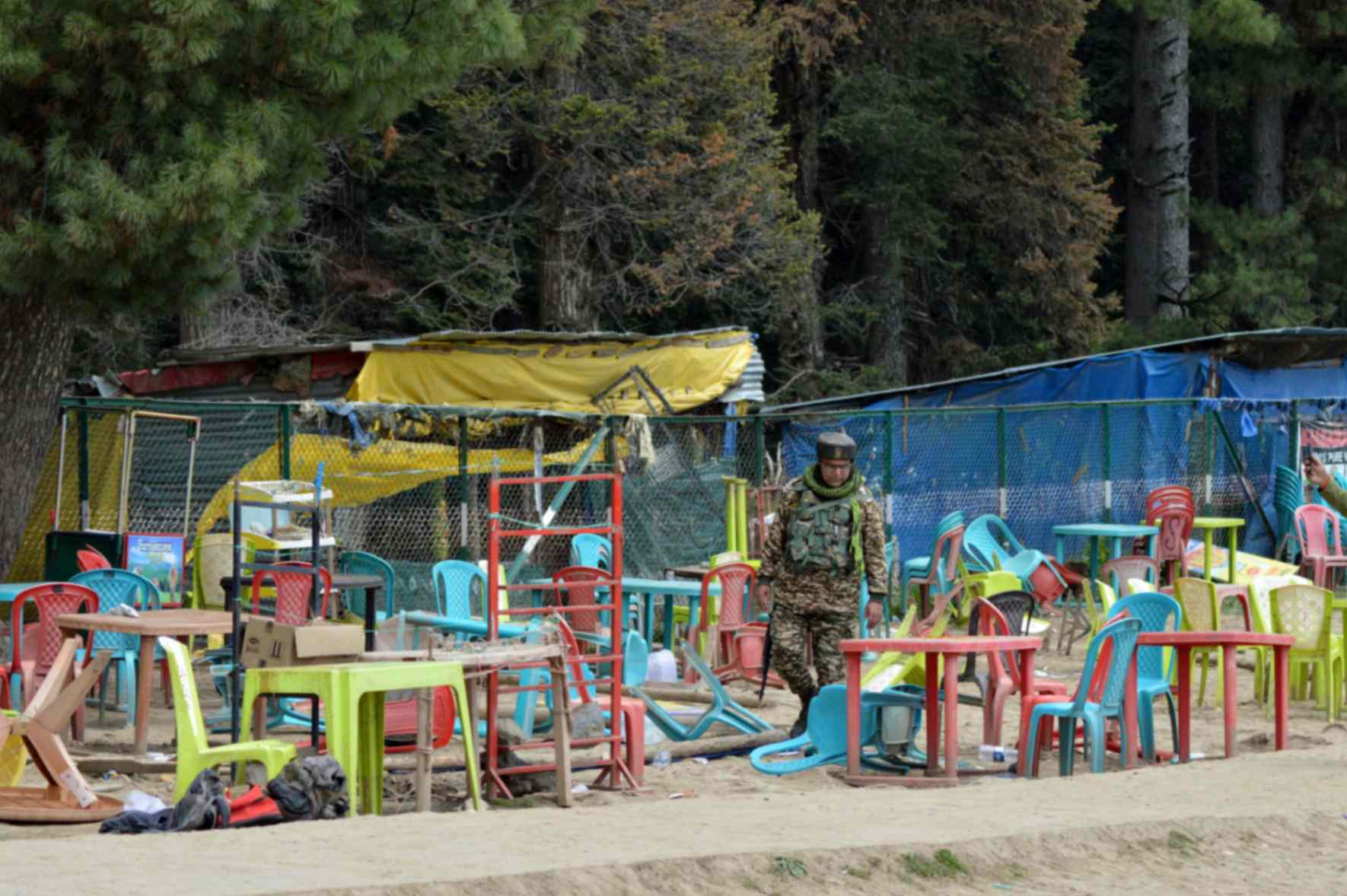Indian researcher at Manchester wins UK fellowship for soil erosion study
Anindya Majhi is a recipient of the Research Fellowship by the Royal Commission for the Exhibition of 1851.
 Anindya Majhi. / The University of Manchester
Anindya Majhi. / The University of Manchester
Anindya Majhi, an Indian-origin geography researcher at The University of Manchester, has been awarded the prestigious Research Fellowship by the Royal Commission for the Exhibition of 1851.
Majhi completed his undergraduate studies in Geography at Presidency University, Kolkata in 2017, followed by a postgraduate diploma in Applied Remote Sensing and GIS from Jadavpur University in 2018. He went on to earn an MSc in Physical Land Resources, with a specialization in Soil Science, from Ghent University and Vrije Universiteit Brussel in 2020.
The University of Manchester confirmed the news, saying that Majhi was selected from a competitive pool of around 350 global applicants for just eight to nine annual fellowships. “I am absolutely thrilled to have been elected as a Science and Engineering Research Fellow by the Royal Commission for the Exhibition of 1851,” Majhi said. “The fellowship competition for 8-9 annual awards is global in nature, and previous 1851 Fellows have included quite a few Nobel Prize winners including Peter Higgs and Ernest Rutherford, so I am thoroughly elated.”
Majhi recently completed his doctoral research at the university, which focused on gully erosion in India. He was advised by Dr Angela Harris, professor Martin Evans, and Dr Emma Shuttleworth. He successfully passed his Viva with minor corrections and is set to begin his new research project this autumn at University College London.
“The award provides me with an exciting opportunity to continue working on gully erosion, which is arguably the most damaging yet overlooked form of land degradation on our planet,” Majhi added. “Having explored India's gully erosion phenomenon in depth for my doctoral degree at UoM, I will now attempt to uncover how gully erosion impacts global soils and landscapes.”
Commenting on Majhi’s achievement, Dr Emma Shuttleworth of The University of Manchester said, “I’m so pleased for Anindya. He has worked exceptionally hard throughout his PhD – an ambitious piece of work that has significantly advanced our understanding of gully erosion in India. The Royal Commission Fellowship is a fantastic opportunity that will allow Anindya to further his research into global soil degradation, which will have far reaching impacts on how we manage our precious soil resources.”
She added, “He is already a leading expert on gully erosion and I have no doubt that he will become a highly influential geomorphologist and soil scientist as his career progresses. I wish him the best of luck and look forward to collaborating with him in the future.”
The Royal Commission for the Exhibition of 1851, originally established with Prince Albert as its President to organize the Great Exhibition, has awarded fellowships and scholarships since 1891.
ADVERTISEMENT
ADVERTISEMENT
E Paper
Video



 Pranavi Sharma
Pranavi Sharma












Comments
Start the conversation
Become a member of New India Abroad to start commenting.
Sign Up Now
Already have an account? Login